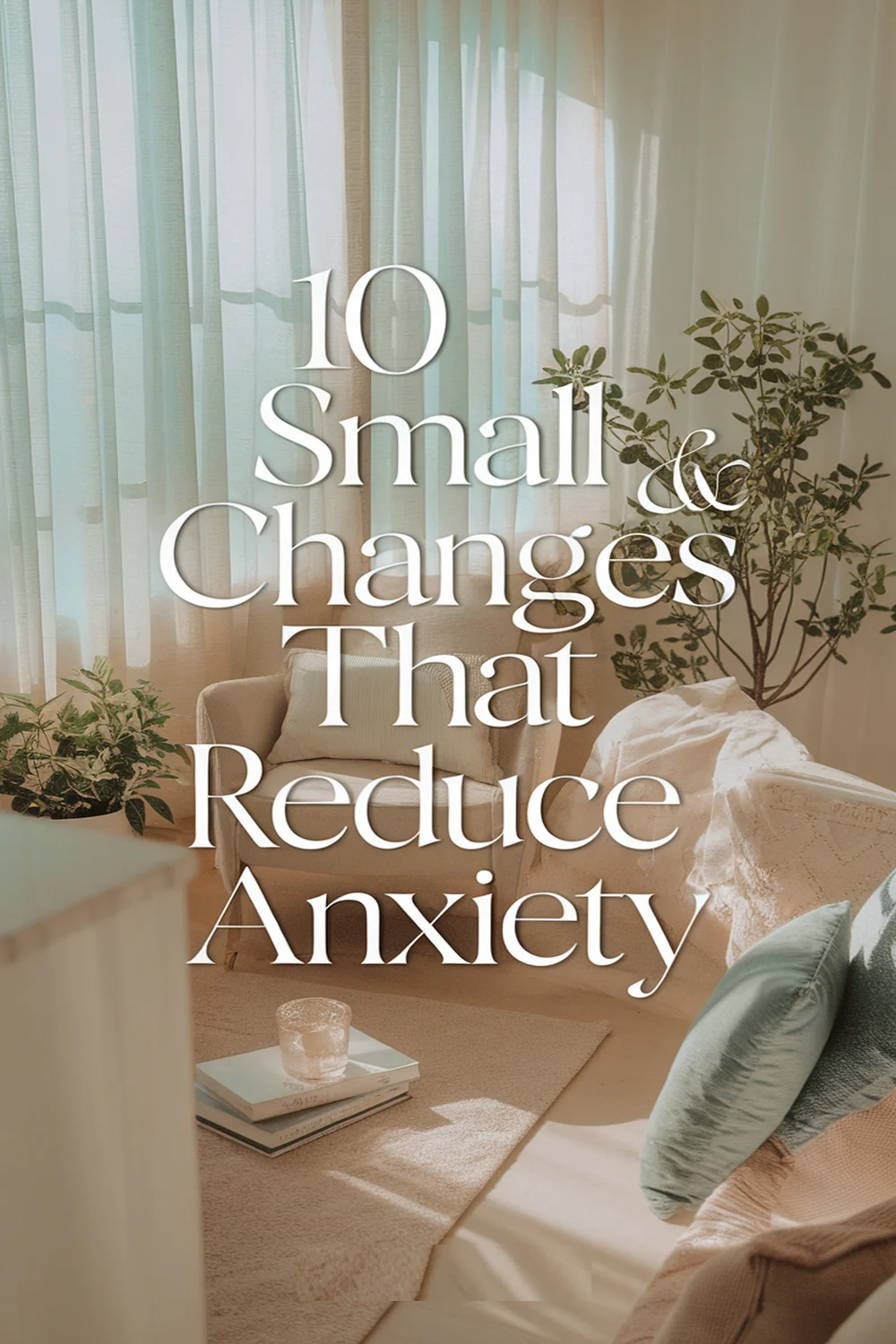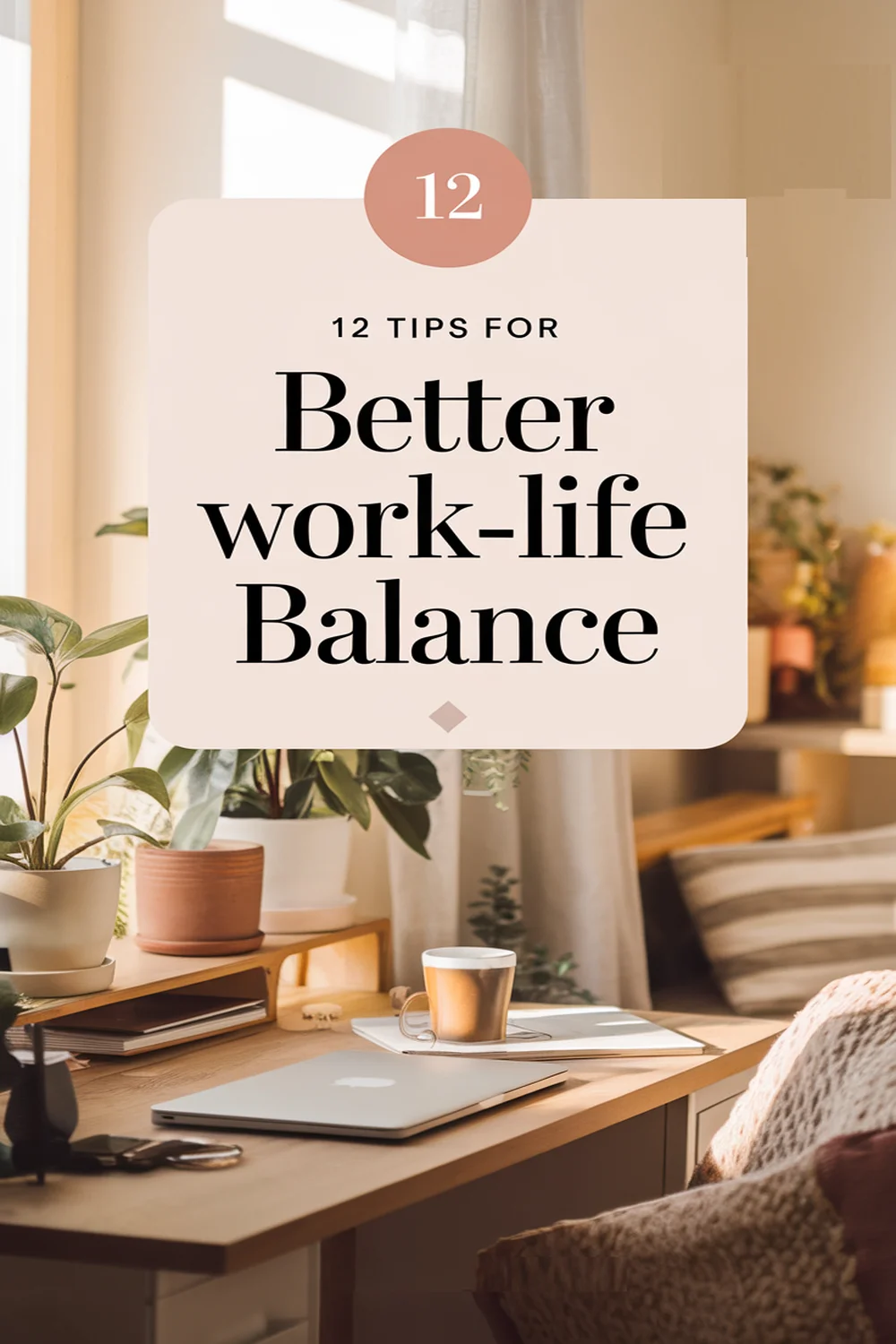You might be experiencing emotional burnout if you feel constantly tired, even with enough sleep. You may notice decreased motivation and find activities you once enjoyed burdensome. Irritability can creep in, making small annoyances seem huge. Everyday tasks may overwhelm you, leading to procrastination and neglect of self-care. If you’re also withdrawing socially and struggling to concentrate, it’s essential to acknowledge these signs. There’s more to understand about how to manage and address these feelings.
Constant Fatigue and Lack of Energy
When you find yourself feeling perpetually tired, despite getting enough sleep, it’s a clear sign of emotional burnout. This fatigue isn’t just physical; it seeps into every aspect of your life. You might notice that even simple tasks demand monumental effort. Your body and mind feel heavy, as if you’re wading through molasses. A lack of energy can stem from emotional exhaustion, where daily stressors become overwhelmingly burdensome. It’s not unusual to experience mixed feelings about your responsibilities, and you may find your ability to engage enthusiastically with loved ones or hobbies diminishing. Acknowledging this fatigue is essential. Recognizing it as a signal to evaluate your mental well-being can help you take the steps needed to restore your energy and recharge emotionally.
Recommended Items
Explore our handpicked health and wellness essentials to rejuvenate your spirit!
Decreased Motivation and Interest
A noticeable drop in motivation and interest can signal that you’re experiencing emotional burnout. When tasks you once found engaging now feel burdensome, it’s a clear sign something’s amiss. You might find yourself procrastinating on projects or feeling indifferent about activities that once sparked joy. This lack of enthusiasm isn’t just a fleeting phase; it often indicates deeper emotional fatigue. You may struggle to see the value in your efforts or feel disconnected from your goals. Recognizing this decline is essential, as it can lead to a cycle of disengagement. Taking proactive steps to address this—like setting manageable goals or seeking support—can help restore your passion and reignite your interest in both personal and professional endeavors.
Step-by-Step Guide to Recognizing Burnout
Increased Irritability and Frustration
As emotional burnout sets in, you might find yourself more easily irritated and frustrated by both minor annoyances and significant challenges. You may notice a shift in your tolerance levels, prompting you to react more sharply to situations that wouldn’t have bothered you before.
Here’s a simple table to illustrate common triggers of irritability during burnout:
| Trigger | Reaction | Impact |
|---|---|---|
| Losing keys | Overreaction | Heightened stress |
| Work deadlines | Snap at colleagues | Strained relationships |
| Noise in the environment | Inability to focus | Decreased productivity |
| Minor inconveniences | General frustration | Increased anxiety |
Recognizing these feelings is vital. It’s a sign to evaluate your emotional well-being and consider taking steps to recharge.
Feeling Overwhelmed by Everyday Tasks
Even the simplest daily tasks can feel insurmountable during episodes of emotional burnout, leaving you drained and unmotivated. You might find yourself staring at your to-do list, feeling paralyzed by even the smallest actions. This overwhelming sensation can lead to increased stress and frustration. Here are a few signs you might be struggling:
- You procrastinate on chores, feeling an impossible weight each time you look at them.
- You neglect self-care routines, thinking you don’t have the energy to follow through.
- You experience anxiety over changes in plans, even minor ones, leaving you questioning your capabilities.
Recognizing these signs is the first step toward addressing your emotional burnout and reclaiming your daily life.
Social Withdrawal and Isolation
When you’re grappling with emotional burnout, you may find yourself pulling away from friends and family, as social interactions become overwhelming rather than comforting. This withdrawal often stems from a feeling of being drained; even simple conversations can feel exhausting. You might crave solitude, seeking refuge in isolation, but this can lead to deeper loneliness and worsen your emotional state. You may also notice that social events you once enjoyed now leave you feeling even more depleted. Recognizing this pattern is important. It’s necessary to find a balance between alone time and reconnecting with loved ones, as positive social interactions can serve as a powerful antidote to burnout. Reaching out may feel challenging, but it’s a significant step toward healing.
Difficulty Concentrating and Making Decisions
Feeling overwhelmed by emotional burnout often makes it hard to concentrate and make decisions. You might find your mind wandering or feel paralyzed by the choices in front of you. This cognitive fatigue can feel frustrating and debilitating.
Here are three signs that this difficulty is affecting you:
- Frequent Mistakes: You’re making errors in tasks you usually handle with ease, causing increased self-doubt.
- Overthinking: You spend excessive time analyzing options, leading to decision paralysis and procrastination.
- Reduced Productivity: You struggle to complete tasks or projects, as your focus shifts easily, draining your energy further.
Recognizing these signs can help you address the root causes and take steps toward recovery. Don’t hesitate to seek support; you’re not alone in this struggle.
Neglecting Self-Care and Personal Needs
As your emotional energy wanes, it’s common to overlook your self-care and personal needs, which can exacerbate feelings of burnout. You might find yourself skipping meals, neglecting sleep, or ditching exercise, believing you’re too busy to focus on yourself. This self-neglect creates a vicious cycle where your physical and emotional health deteriorates, leading to increased stress and irritability.
When you prioritize others over yourself, it’s easy to lose sight of what makes you feel whole. Reconnecting with your personal needs—whether that’s taking a walk, engaging in a hobby, or practicing mindfulness—can provide vital moments of replenishment. Remember, nurturing yourself isn’t selfish; it’s essential for maintaining your well-being and resilience against burnout. Start small; every little bit counts.











